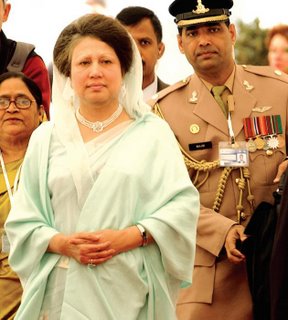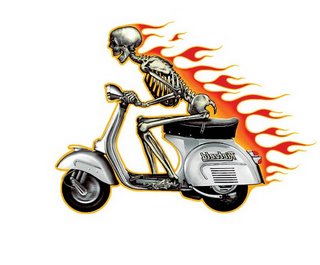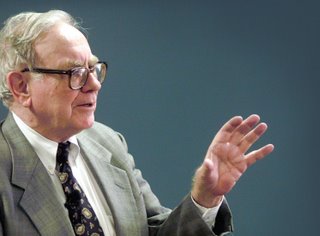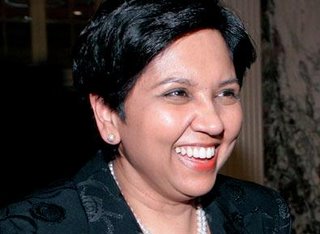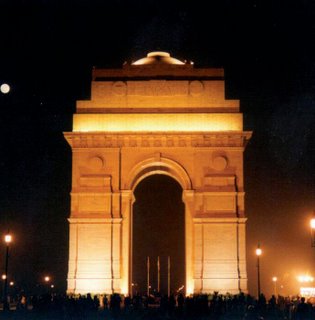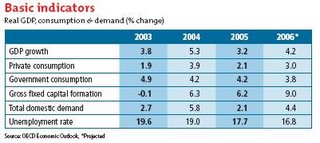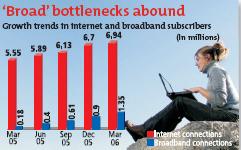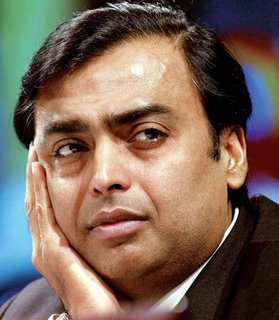Tokyo jewellers Ginza Tanaka has again made waves after unveiling a gold rocking horse a while back. This time the prized Japanese house is planning to add more than confetti and glitter to Christmas. An entire gold pine Christmas tree, it is! Made of 21 kilograms of gold, it'll have a special lighting system to contribute to the charm of Yuletide. Ready for some royal X-Mas?!
For complete IIPM article click here
Source:- IIPM Editorial
An IIPM And Management Guru Prof. Arindam Chaudhuri’s Initiative
